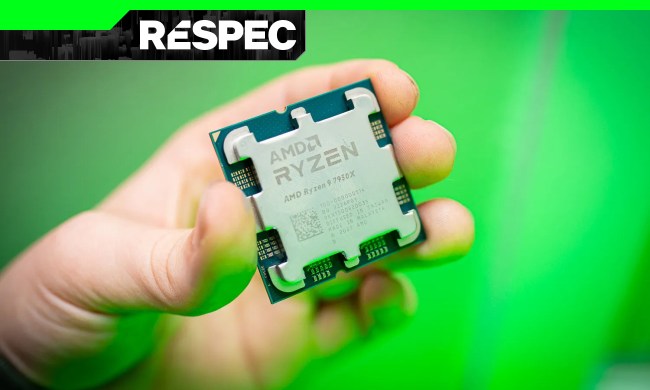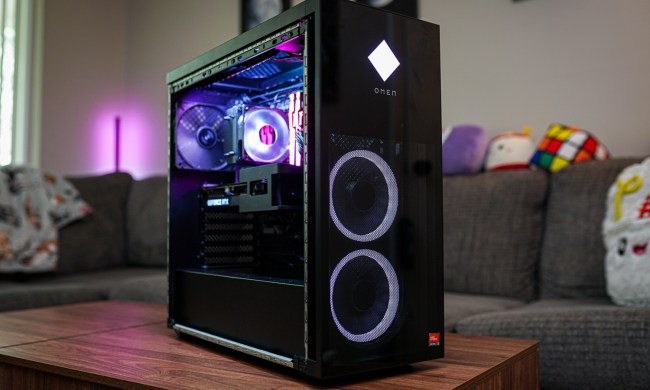Developer From Software has finally unveiled the PC system requirements for the hotly anticipated game Elden Ring, and it’s not all good news for those with older rigs. The minimum CPU listed is an Intel Core i5-8400 or AMD Ryzen 3 3300X. This may require some people to upgrade their CPU to get respectable frame rates.
To be fair, the listed minimum and recommended specs aren’t totally out of touch, especially in the GPU department. In fact, the Nvidia GTX 1060 spec for the minimum requirements is right in line with Steam’s hardware survey for the most popular GPU used on Steam. However, those with older CPUs may face significant bottlenecks.

Compared to other games, Elden Ring’s CPU requirements are much higher. Cyberpunk 2077 lists either an Intel Core i5-3570K or AMD FX-8310 as the minimum CPU. Even Cyberpunk’s recommended CPU of an Intel Core i7-4790 is four generations older than Elden Ring‘s minimum CPU spec.
Even though it’s a little over a year old at this point, Cyberpunk 2077 is a much bigger and complex game than Elden Ring. The sheer open-world mechanics and environment of Night City would seem to require heavier specs than
Ghostwire: Tokyo‘s minimum specs are comparable to Elden Ring in that they both require an Nvidia GTX 1060 and 12GB or RAM. However, Ghostwire: Tokyo‘s minimum CPU requirement of an i7-4770K is still much lower than
Elden Ring isn’t the only game that recommends more modern processors, though. In order to play Far Cry 6 at 60 frames per second (fps) at 1080p, Ubisoft lists an AMD Ryzen 5 3600X or Intel Core i7-7700, 16GB of RAM, and either an AMD RX Vega 64 or Nvidia GeForce GTX 1080 graphics card. That’s definitely above what a budget PC might be capable of.
Interestingly, Steam’s hardware survey says that most people still use quad-core CPUs. The i5-8400 is a six-core (although with no hyperthreading). Still, that’s sure to disappoint many people who are sticking with their older CPUs. The ongoing chip shortage has made upgrading or building PCs a lesson in futility as many components are still in short supply.
It’s not all doom and gloom, however. Adjusting the resolution along with tweaking various graphics settings can probably help out many with “out of spec” CPUs. CPUs seem also to be in stock pretty regularly at or below MSRP if you were planning to upgrade.




